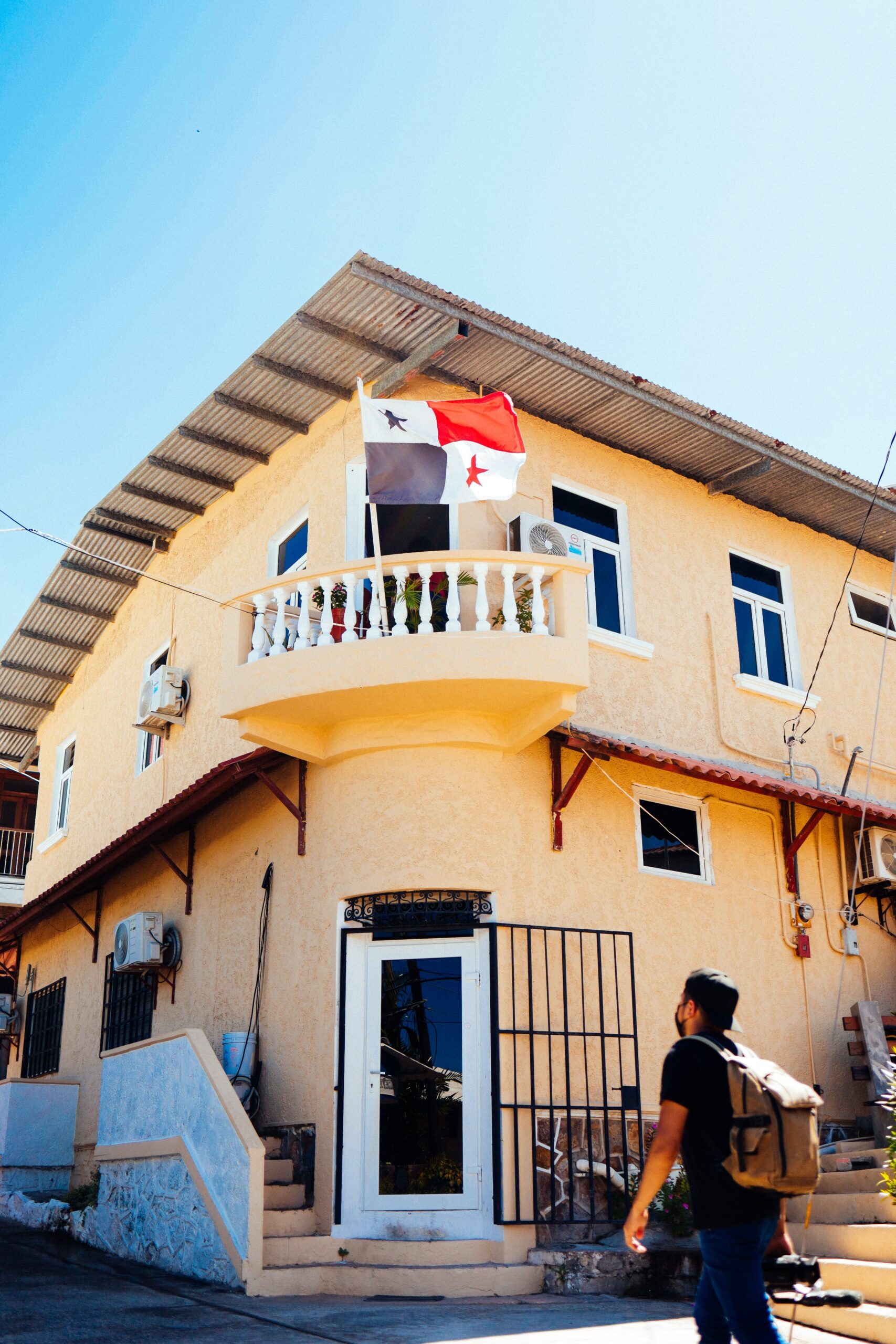Protests against a contentious copper mine deal in Panama took a tragic turn on Tuesday when a man reportedly shot and killed two demonstrators, as confirmed by the police.
A chilling video circulated on X, formerly known as Twitter, captured the distressing incident. The footage showed an elderly man, visibly frustrated with a roadblock created by protesters on the Pan American highway, approximately 50 miles south of the capital. In the video, he is seen pulling out a pistol and firing shots. Panama’s National Police later announced the arrest of the alleged gunman at the scene.
This incident of violence marks the latest escalation in ongoing protests, among the largest seen in Panama since the 1980s demonstrations against the dictatorship of Manuel Noriega.
For several weeks, tens of thousands of demonstrators have expressed their anger over a controversial mining contract awarded to Minera Panama, a local subsidiary of a Canadian mining company. The contract allows Canada’s First Quantum Minerals to resume mining copper in an open-pit mine surrounded by rainforest for the next 20 years, with the potential for a 20-year extension.
Environmentalists argue that the mining operation poses threats to drinking water and could lead to the destruction of significant portions of the negotiated 32,000 acres of land, in exchange for annual payments of $375 million.
The revised fees also impact other government-issued documents, such as passports, marriage certificates, work and residence permits, and birth and death certificates. The government contends that the mine will generate thousands of jobs and provide much-needed revenue, but protesters claim that the administration is sacrificing the nation’s natural resources while many citizens face the impacts of inflation and climate change.
Opposition to the mine has united various groups, including environmentalists, indigenous communities, and teachers’ and construction unions. These groups perceive alleged backroom dealings between the government and the mining company as evidence of widespread corruption.
Despite concessions offered by the government, including a moratorium on future metal mining contracts and the proposal for a nationwide referendum on the mining project, the protests persist. The crisis has led to roadblocks, shutting down the country and causing significant economic losses. The ongoing unrest has also prompted Panama’s Supreme Court to review the legality of the contract, raising hopes among opponents that the deal may once again be invalidated.
As the situation unfolds, the repercussions extend beyond the immediate economic and political impact, tarnishing Panama’s reputation as a stable political and economic stronghold in the region.
![]()
